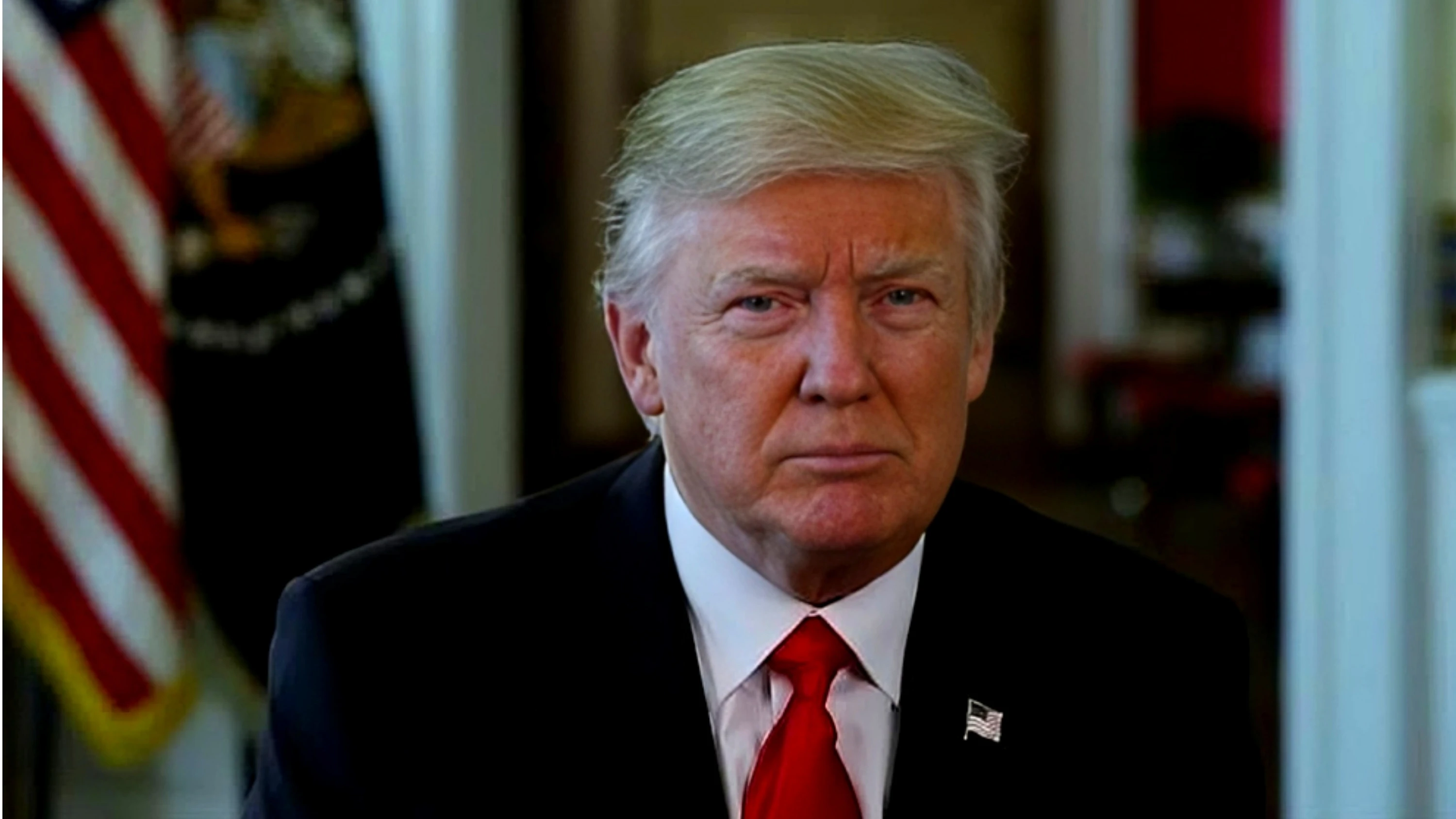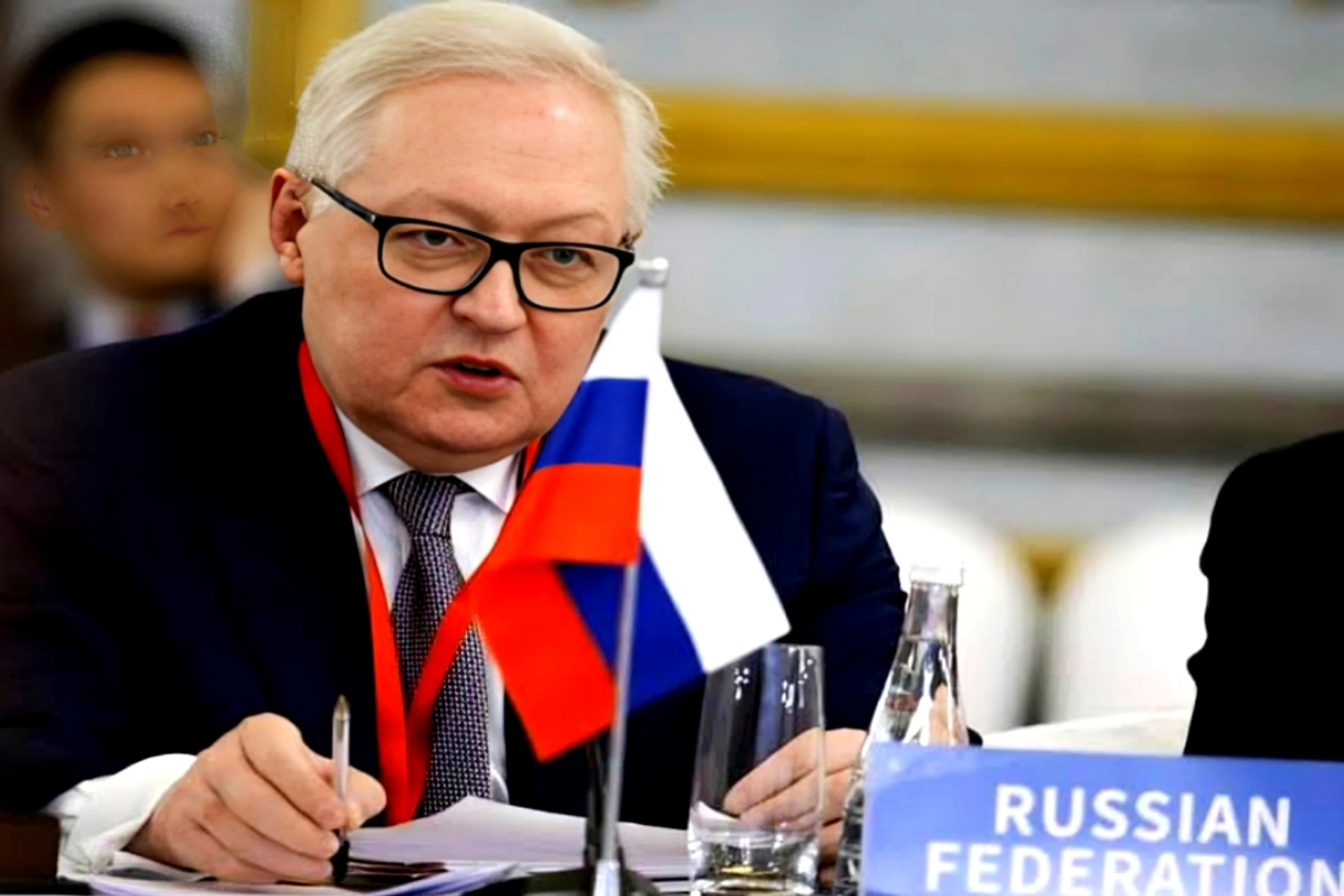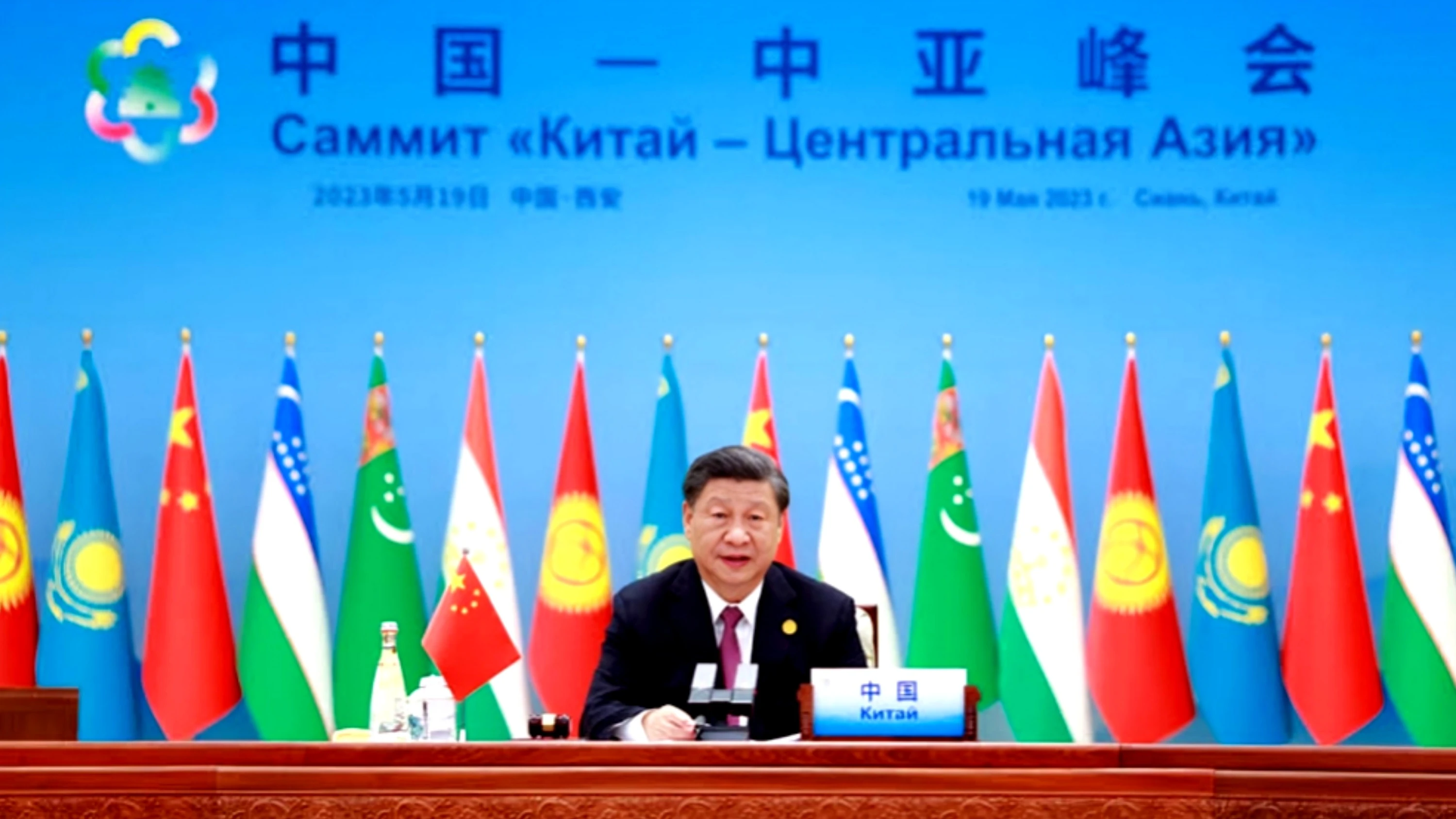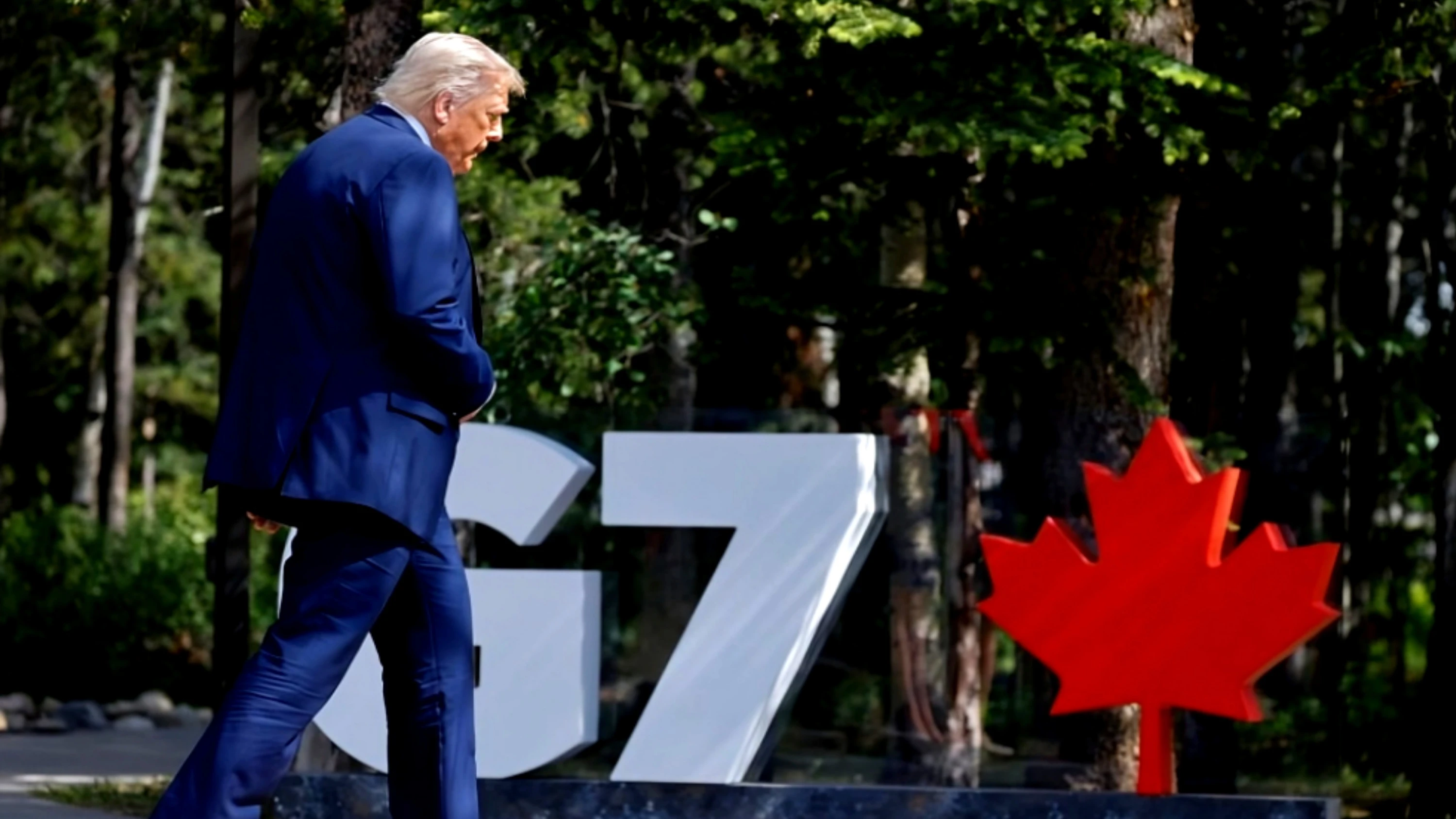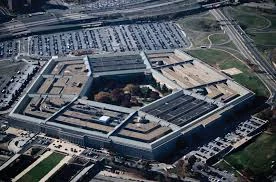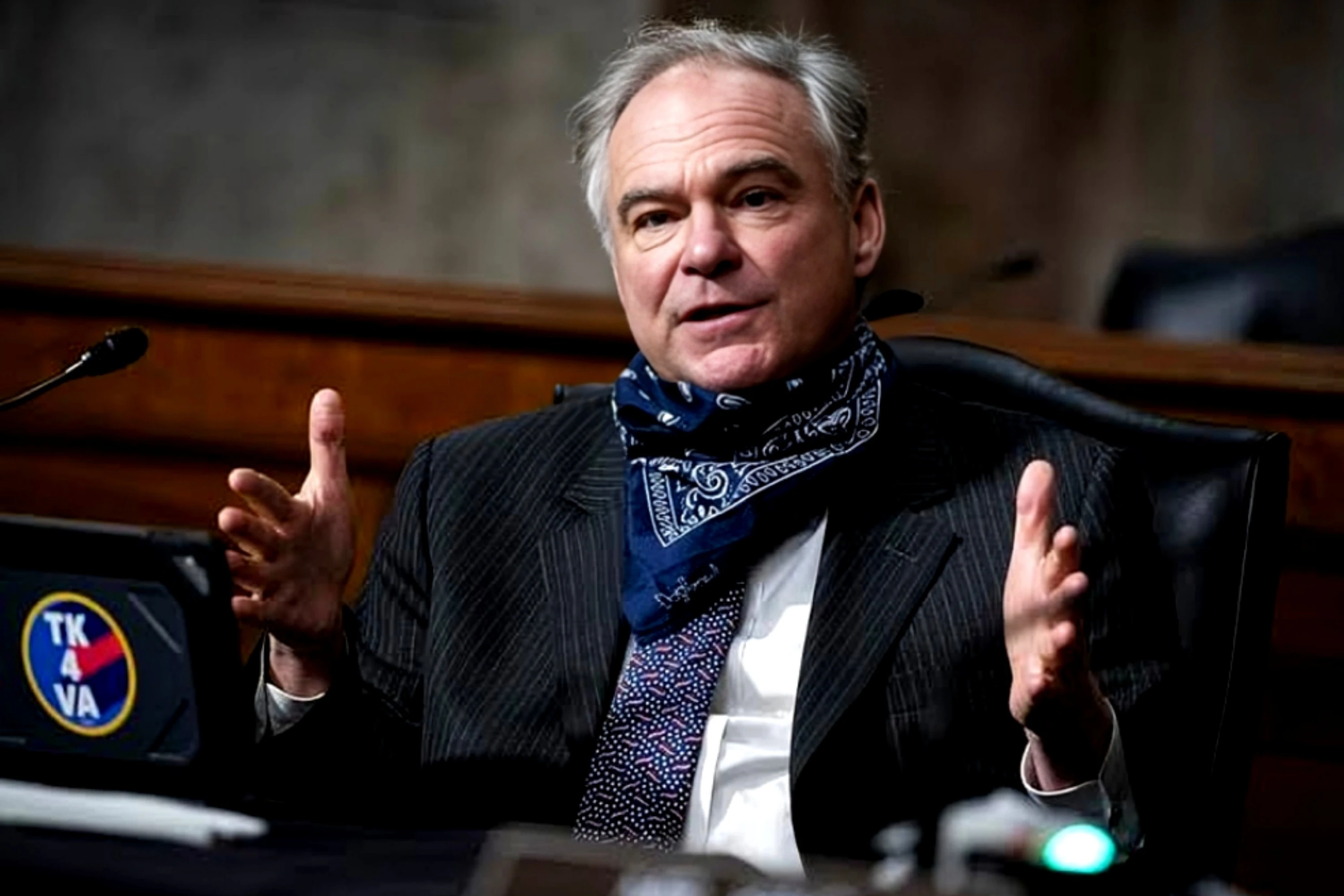Washington: In his first 100 days in the White House, President Donald Trump has upended much of the post-World War II international system the U.S. helped build. Launching a sweeping global tariff campaign, slashing foreign aid, openly criticizing NATO allies, and floating controversial ideas such as annexing Greenland and making Canada the 51st U.S. state, Trump’s return has been marked by a volatile foreign policy approach.
"Trump is far more radical now than during his first term," said Elliott Abrams, a conservative figure and former envoy under Trump’s previous administration. Abrams expressed surprise at how much Trump’s stance had hardened.
Trump’s revived "America First" agenda has not only rattled traditional allies but emboldened adversaries. His unpredictability has forced many nations to reconsider their strategic ties to Washington — moves that could have enduring consequences even beyond Trump's term.
Concerns over democratic backsliding at home, such as attacks on the judiciary, pressure on universities, and harsh immigration crackdowns, have only deepened foreign unease. "We are witnessing a massive disruption in world affairs," said veteran diplomat Dennis Ross.
Interviews with over a dozen diplomats, government officials, and analysts suggest that while some international damage might still be reversible, Trump’s entrenched positions make a significant course correction unlikely. Already, several nations are adjusting their policies: Europe is boosting defense investments, South Korea is debating nuclear armament, and some U.S. partners are warming to closer economic ties with China.
The White House insists Trump is restoring American leadership, pointing to initiatives like pushing Russia and Ukraine toward negotiations, combating fentanyl trafficking, and pressuring Iran. "President Trump is swiftly addressing global challenges," National Security Council spokesman Brian Hughes said.
Yet domestically, skepticism grows. A Reuters/Ipsos poll from March showed a majority of Americans, including many Republicans, believe Trump is too aligned with Russia. His expansive ambitions — suggesting U.S. control over Greenland, the Panama Canal, and Gaza — have alarmed traditional allies.
Germany’s new Chancellor Friedrich Merz warned that Europe faces a critical moment, calling Trump's "America Alone" posture a severe threat to transatlantic ties. Danish Prime Minister Mette Frederiksen also criticized U.S. demands over Greenland, seeing them as a broader challenge to the world order.
As Trump strains alliances, countries like Canada are shifting focus to stronger European ties, while South Korea and Japan scramble to respond to U.S. trade and security uncertainties. Meanwhile, China positions itself as an alternative partner for nations disillusioned with Washington.
Veteran diplomat Aaron David Miller notes that while Trump could still recalibrate under political pressure, prolonged disruption could make future U.S. efforts to rebuild credibility extremely difficult. "We’re not past the point of no return," Miller said, "but the damage to America’s global standing could be profound and long-lasting."
[Human Online, The Washington Post, Reuters]


